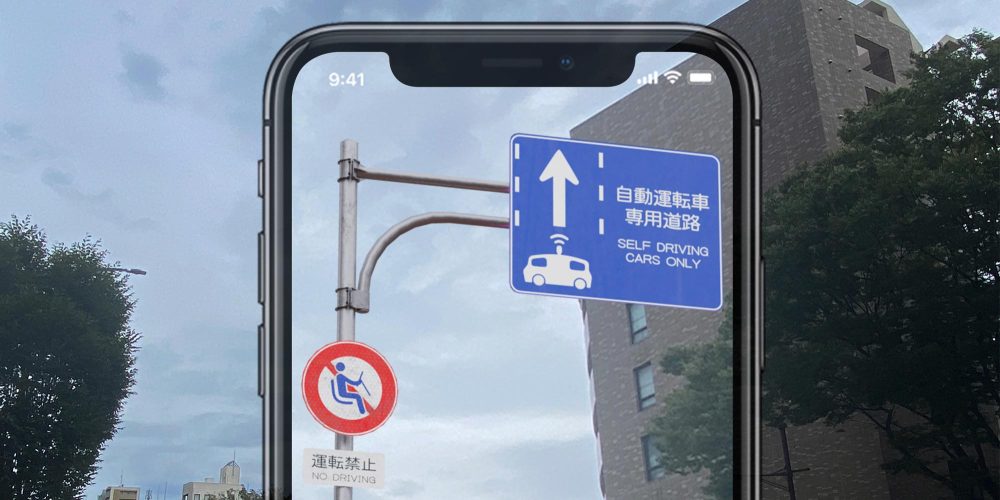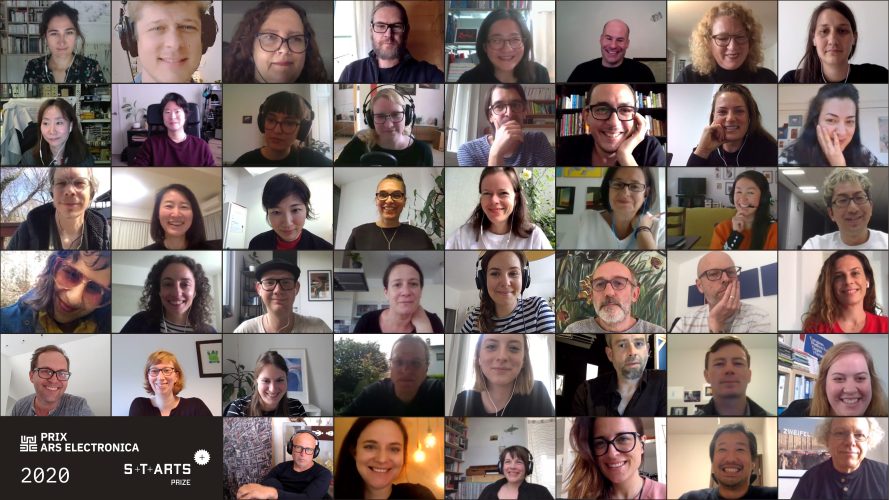
Digital Communities
-
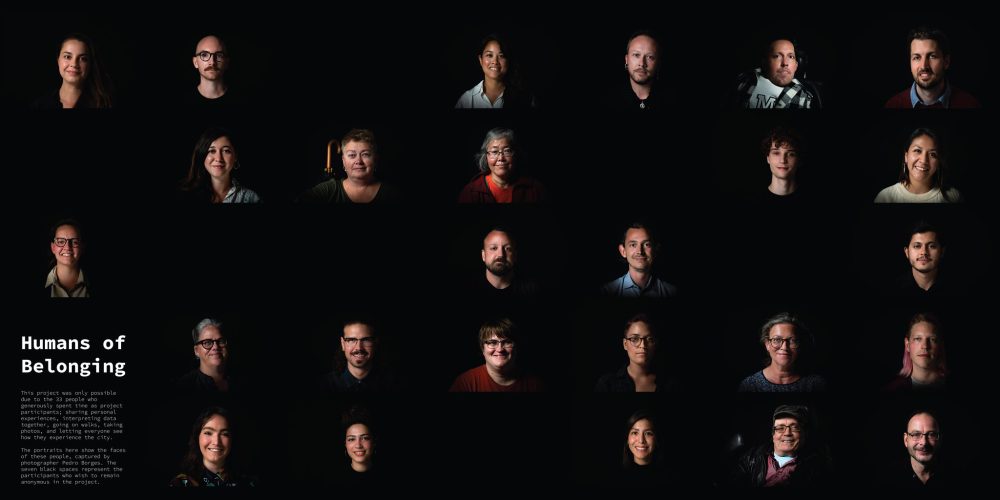
The Urbanists
Cities can be planned on the computer, but they can also be heard, smelled, tasted and felt. In the best case, they are there for everyone.
-
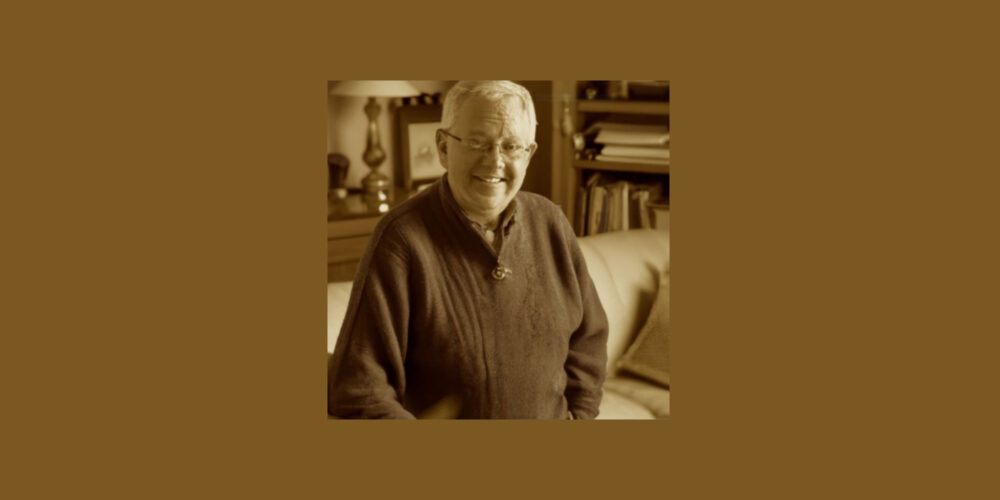
Via algorithm into a virtual parallel reality
With “Horst Schlager,” the Ars Electronica Center infiltrates a media art figure into Facebook’s extremist underground in order to understand and communicate political grievances.
-

An alternative to Twitter
Mastodon as the perfect alternative to Twitter? Find out why we chose the platform and whether we agree here.
-
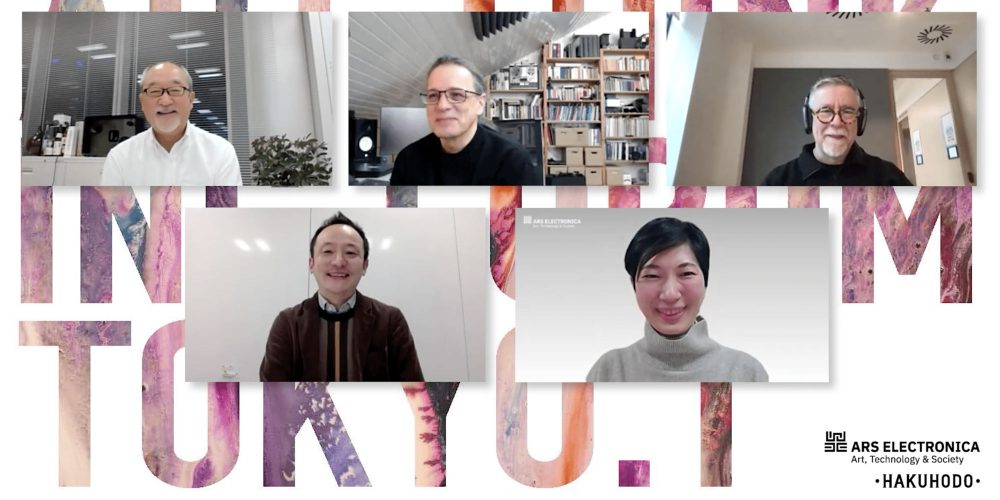
Digital transformation – for whom?
Who benefits from digital transformation and who should own it? – Questions the Art Thinking Forum Tokyo was asking.
-
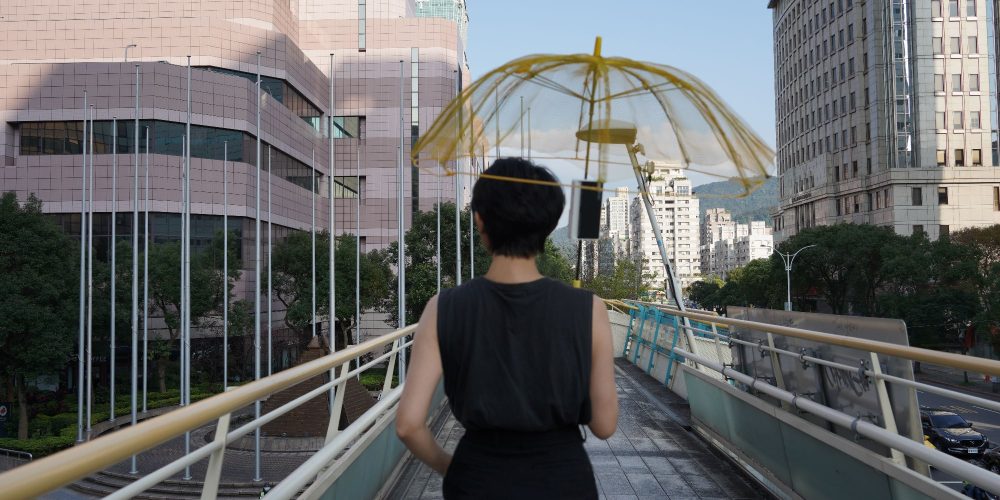
How to “resist like bacteria”
Find out what we can learn from bacteria and why the future lies in collaborative resistance through the artists behind the project “Bi0film.net – Resist like Bacteria”.
-
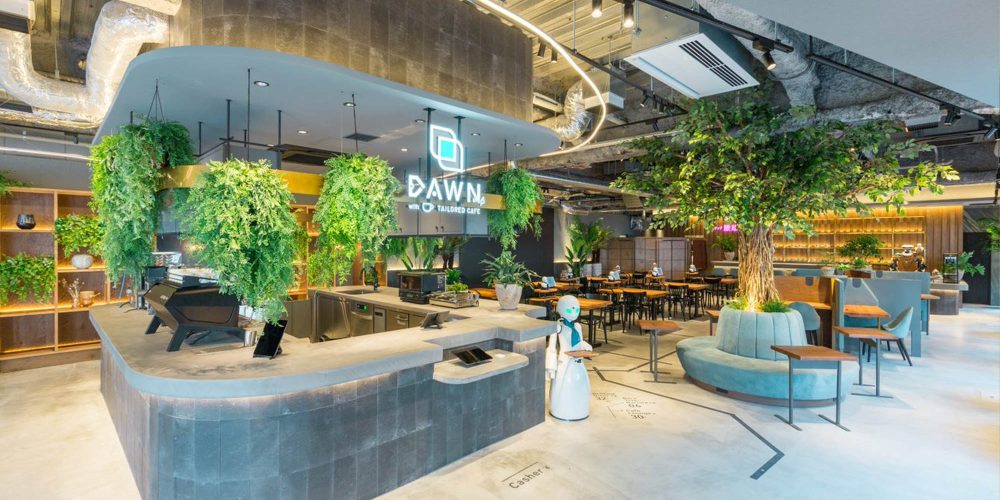
The slightly different café
This year, the Golden Nica in the Digital Communities category goes to Ory Yoshifuji, Co-founder CEO, Ory Laboratory Inc. for his project Avatar Robot Cafe DAWN ver.β.
-

Holly+: Come and sing like Holly Herndon!
“It takes a village to create something special” and Holly Herndon and her team have succeeded in doing just that. In the interview, she presents her machine learning project in more detail, for which she has now received the European Commission’s STARTS Prize 2022.
-
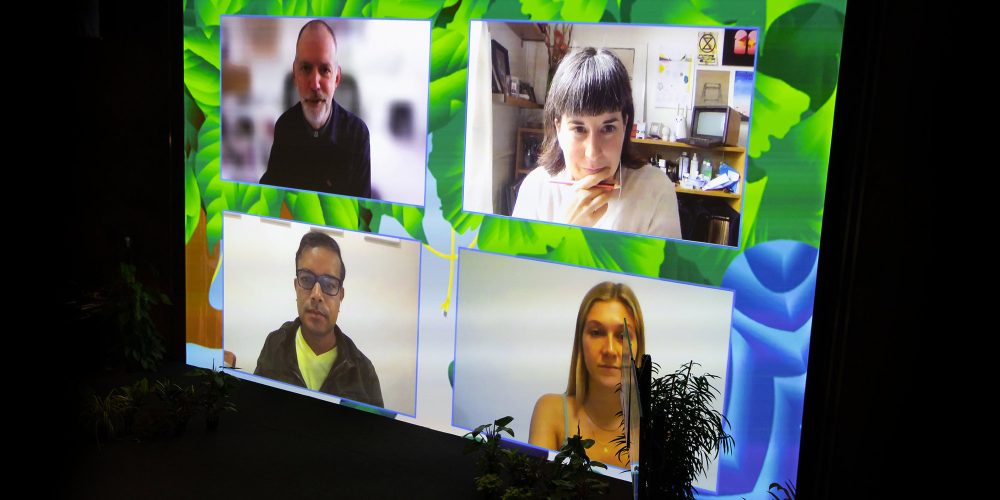
Globally connected combating global climate change
How can a global communication tool like the Internet help to mobilize even more people to act together against climate change?
-
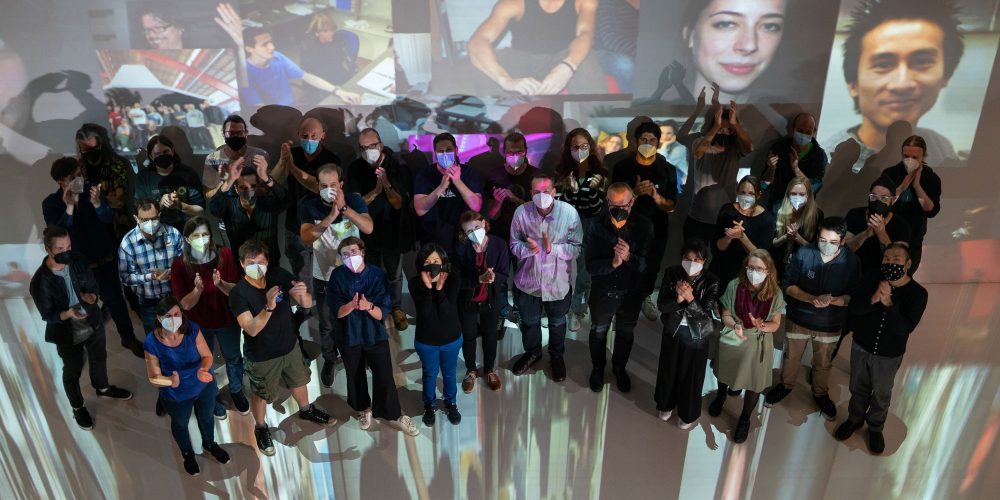
This was Ars Electronica Futurelab’s Birthday Party
On its anniversary on September 9, the Ars Electronica Futurelab celebrated the lab’s visionaries. With talks and discussions, guided tours and performances – and lots of new ideas for the future.
-
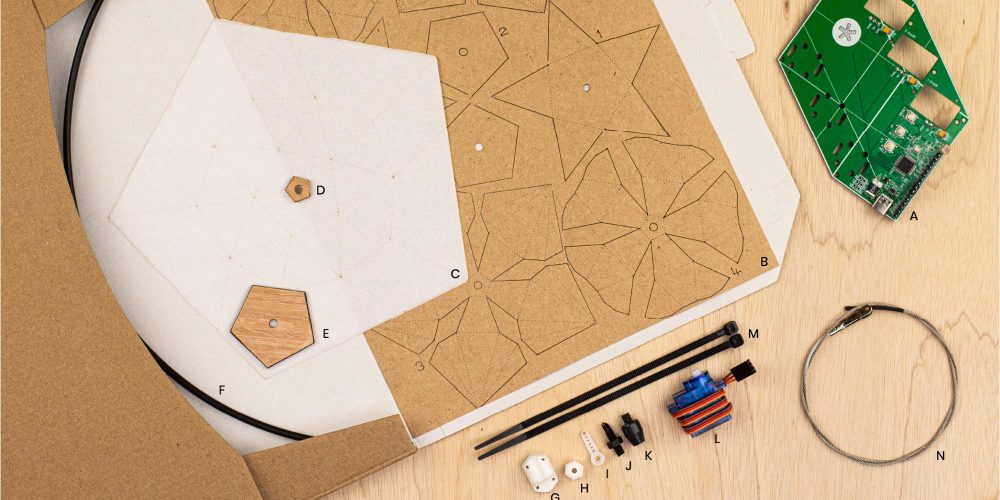
ORIBOKIT™ How to build robotic origami
With Oribokit™, a DIY kit for origami robots, Matthew Gardiner aims to collectively cross the boundaries between art and science towards the future.
-
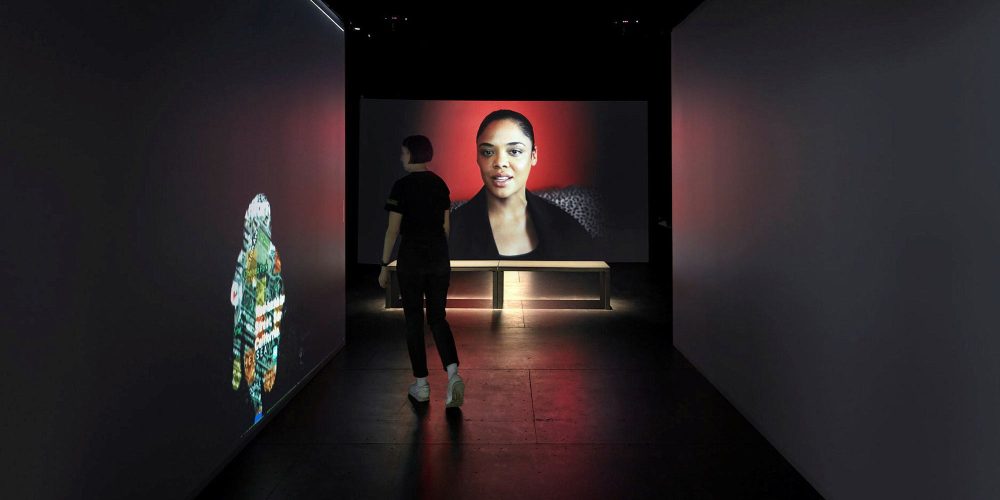
CyberArts 2020: The latest trends in media art
For over three decades, the Prix Ars Electronica has been one of the world’s most coveted awards for digital media art. With the CyberArts exhibition, the OK, as part of the newly founded OÖ Landes-Kultur GmbH, will once again devote itself to the award-winning works of international artists during the 2020 Ars Electronica Festival in…
-
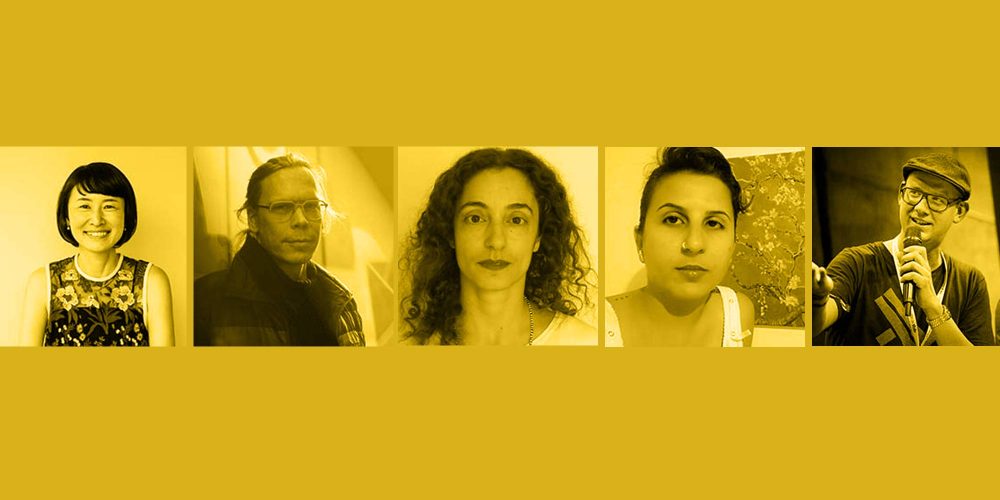
The Prix Ars Electronica Jury 2020: Digital Communities
Joint action and the digital exchange of information are right at the heart of the “Digital Communities” – one of the four categories of the 2020 Prix Ars Electronica. We present this year’s jury.
-
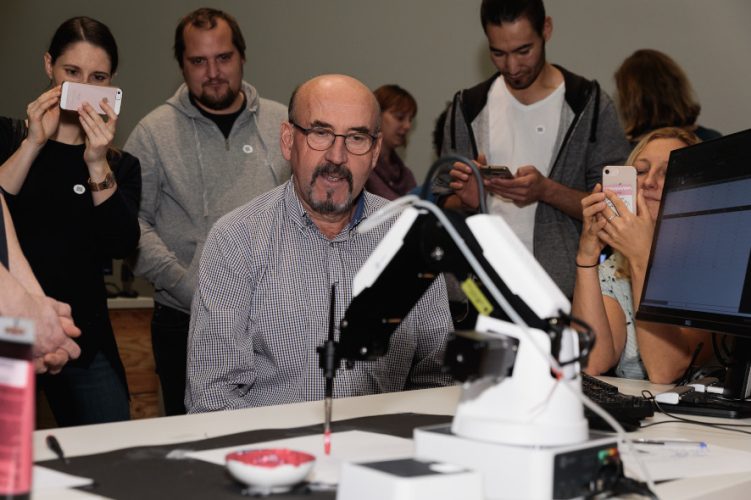
Helping with Artificial Intelligence?
Can Artificial Intelligence help to help refugees? Or is it the next step in evolution with which technology takes our place? These and similar questions were posed by the participants of a workshop on Artificial Intelligence that they won at the ZusammenHelfen conference at the Ars Electronica Festival.
-

Life gets better through Artificial Intelligence
It is the second most densely populated metropolis and one of the three most visited cities in Europe: Barcelona. The Innovation Bureau 300,000 Km/s, which was awarded the STARTS Prize 2019 for the “Ciutat Vella’s Land-use Plan” project, shows how new technologies can help to make urban space a place worth living in.
-

Refugee Camps as Proving Grounds for New Technologies: Ariana Dongus
At the Ars Electronica Festival Theme Symposium on September 7, 2018, author Ariana Dongus will talk about how the UNHCR’s refugee camps are becoming test labs for collecting biometric data. In this interview, she discusses biometrics, responsibility and immaterial labor.
-
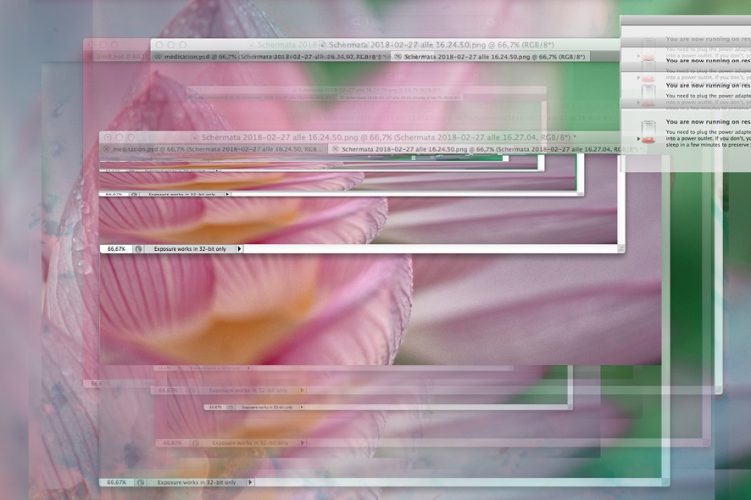
Please Recharge: On Sustainability and Deceleration
The Campus Exhibition at the Ars Electronica Festival (September 6-10, 2018) by Linz Art University’s Interface Cultures program takes a step back from the hustle & bustle of modern mass media. The theme of “Please Recharge” is pervasive media overload. To find out more, read this interview with program director Christa Sommerer.
-
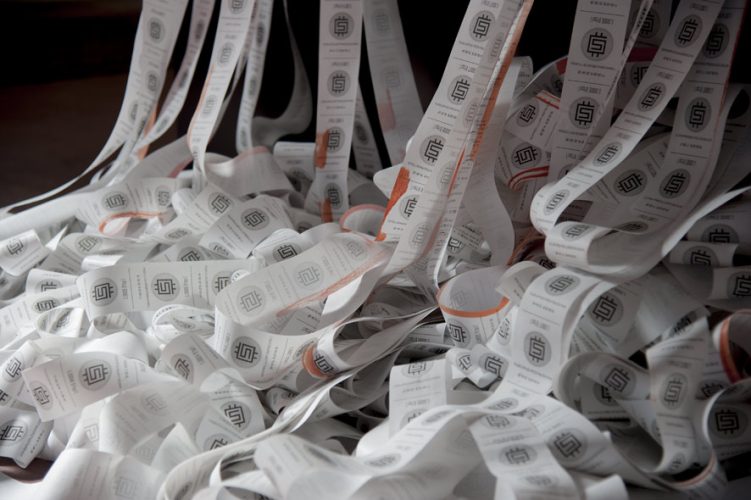
BitSoil: My Data, your Profits? No, thank you!
Every click and every post on the Internet generates data. The Digital Economy is making billions with our actions on the web and concentrating these profits in the hands of a few. A completely unsatisfactory situation, say LarbitsSisters and initiated the BitSoil Popup Tax & Hack Campaign.
-
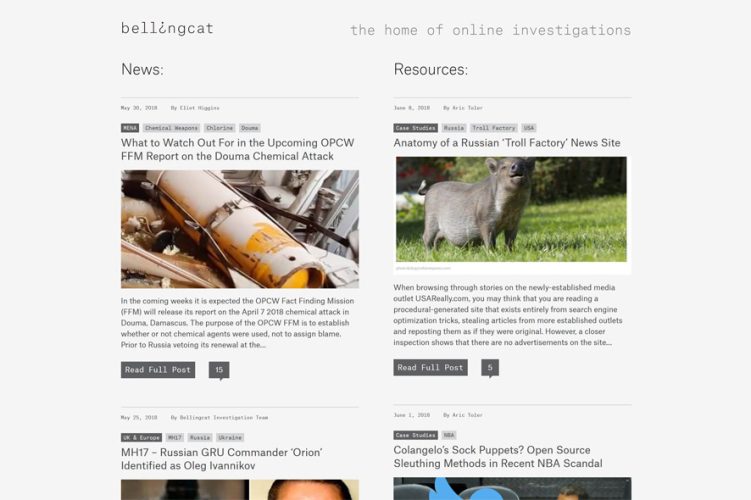
Bellingcat: Looking for Traces in the Digital Environment
On the online platform Bellingcat, citizen journalists are looking for the “echoes and ripples” in the digital environment when events like the MH17 incident or war crimes like those in Syria become known. The founder of Bellingcat, Eliot Higgins, talks in an interview about the project, which was recently awarded the Golden Nica, and gives…
-
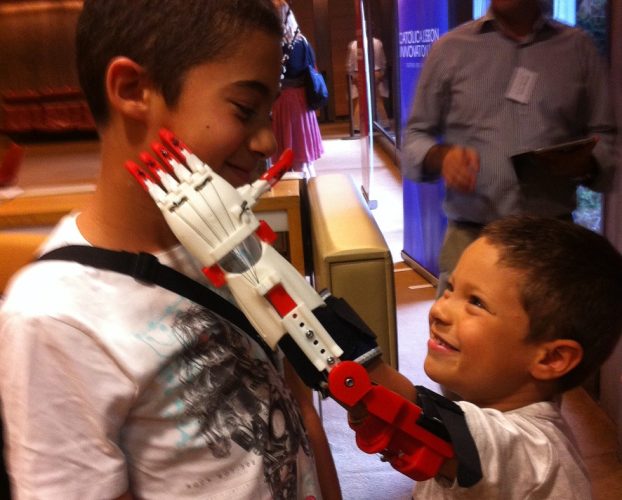
Touching Stories behind the Patient Innovation Platform
The Patient Innovation-platform has brought forward many revolutionary ideas for treating all kinds of diseases. They’ve been developed solely by affected people who as non-experts truly deserve exposure – also at the exhibition “Beyond the Lab: The D.I.Y. Science Revolution” at Ars Electronica Center.
-
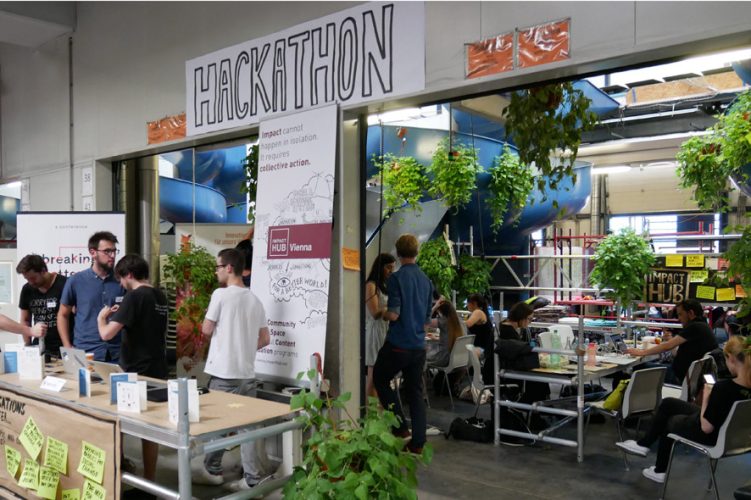
LabOratorium – An Alchemical WorldLab
For “LabOratorium – An Alchemical WorldLab,” the Ars Electronica Solutions came up with an experimental exhibition concept that dovetails nicely with this year’s festival theme. This setup showcased the artists’ works and also gave the participating institutions an opportunity to show what they’re all about. We will show you some impressions of the exhibition at…
-

Politics meets Social Media: Participation in the Age of New Media
The emergence of Facebook, Twitter & Co. in recent years has opened up new options for the exchange of political views. How these digital platforms are changing the political discourse, what new forms of sociopolitical participation are resulting from them, and which challenges they confront us with will be discussed at “Participation & Political Socialization…
-

P2P Foundation: Concentrated Knowledge for All
Who has access to knowledge and information online? Who controls this exchange and who can profit from it? These issues of decisive importance to our digital future are the P2P Foundation’s bread and butter. In recognition of their committed work, the non-profit organization is this year’s recipient of the Golden Nica in the Prix Ars…
-
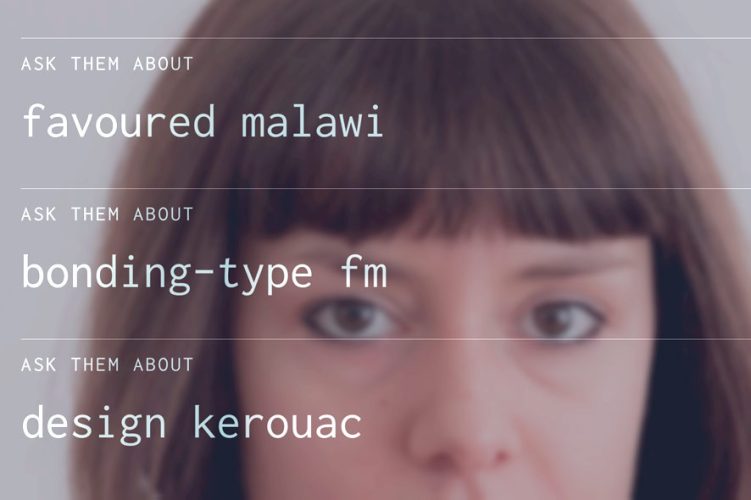
False Positive: How exact is digital profiling?
The idea of tycoons and governmental institutions being able to know more about us than ourselves by tracing our internet behavior, is a rather frightening one. But in reality, they know less than we think – that point has been proven by Mark Shepard, Julian Oliver and Moritz Stefaner with their project “False Positive” which…
-
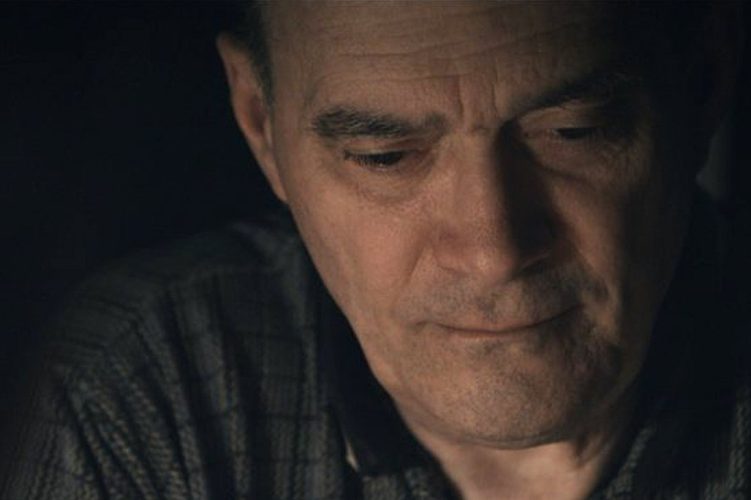
William Binney: “I would disconnect everything”
Does safeguarding our security really necessitate totally sacrificing our right to privacy and allowing government watchdogs to have access to all of our information? William Binney, former tech director at the US’s National Security Agency (NSA), sketches a possible alternative and issues a warning about the use of social media and clouds.
-
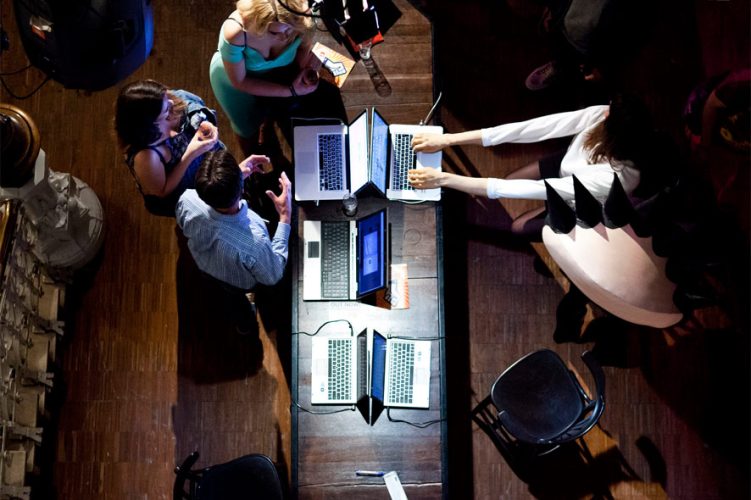
Networking, do it the right way
By the time we set up our own Facebook account—by then, at the very latest—many of us are very much aware of the advantages and disadvantages inherent in our digital coexistence. Marleen Stikker founded her first Digital City all the way back in 1994. Now she’s one of the five Prix Ars Electronica jurors who…
-
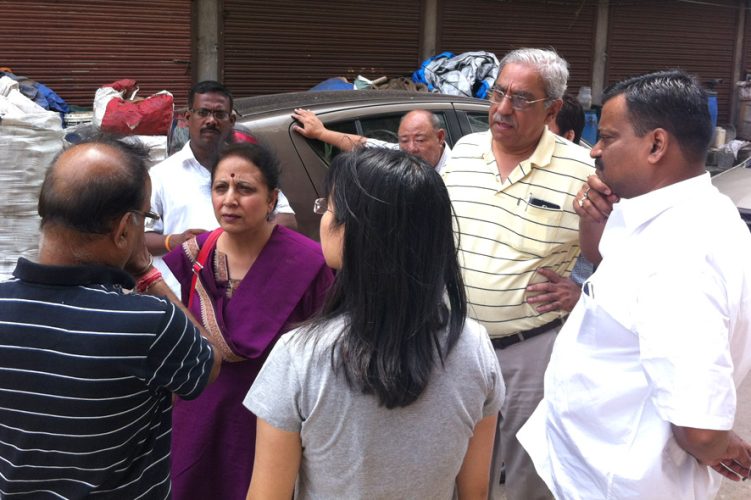
Social Capital in the City
In 2050 about two-thirds of the world’s population will live in cities. Geeta Mehta, professor at the Columbia University, is thinking about our living together in the future.
